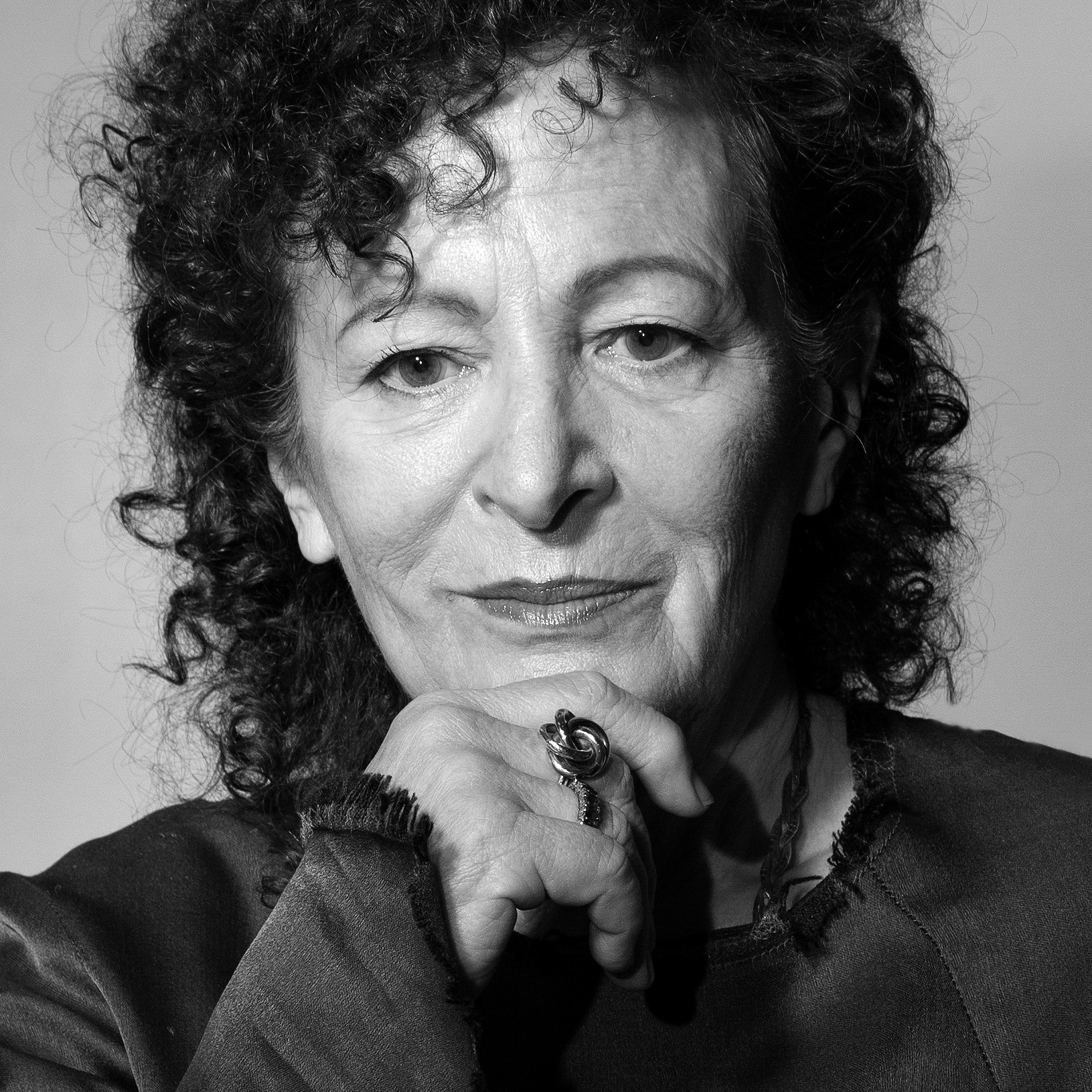When Goldin received the 2025 Women in Motion award at the Recontres d’Arles festival in July, she characteristically used her speech to boldly speak out about the genocide in Gaza. She’s long been exemplary in conflating the artistic and engagé, first using her organisation P.A.I.N. to raise awareness of the Sackler family’s complicity in rampant opioid addiction across the US, and more recently concerning Israel. But all this is also a direct extension of her longstanding, fearless and frequently heartrending tabulation, through lens-based media, of human suffering through marginalisation and drug use. That’s been evidenced in her warmly received five-venue European touring retrospective This Will Not End Well, which left Berlin’s Neue Nationalgalerie this spring (Goldin’s speech at the opening has been, in retrospect, just about the only acknowledgement of Gaza’s plight in German art institutions), and is currently in Milan’s Pirelli Hangar Bicocca before concluding at Paris’s storied Grand Palais next year.
Advertisement
Power 100
Most influential people in 2025 in the contemporary artworld
- 202522
- 20247
- 20231
- 20228
- 202091
- 20192
- 201818
- 2017
- 2016
- 2015
- 2014
- 2013
- 2012
- 2011
- 2010
- 2009
- 2008

Related articles
Advertisement
Advertisement